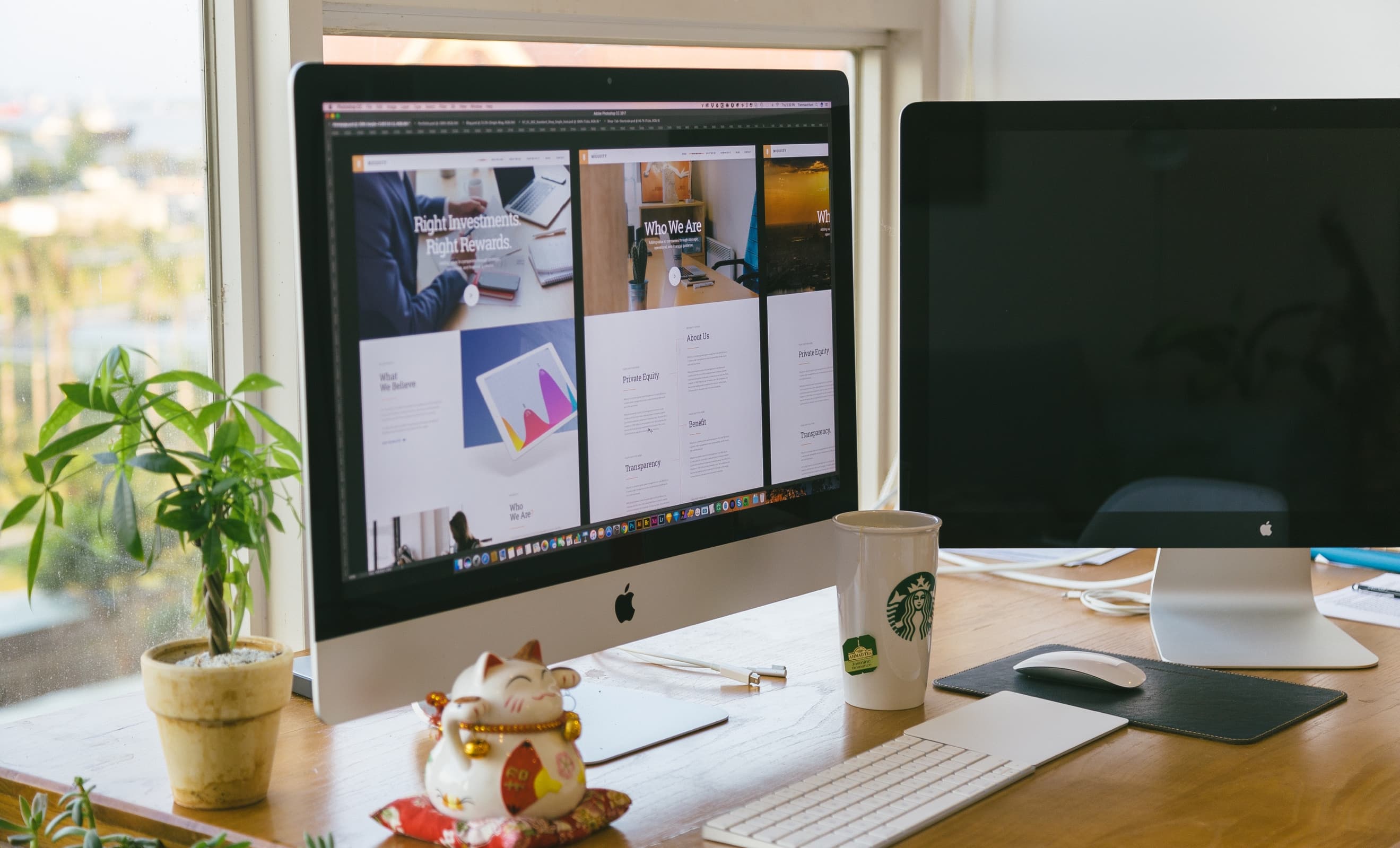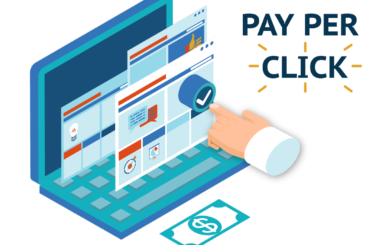It seems like you can't go anywhere on the web today without seeing a website builder promoting its service. In the day-to-day rush of meeting client deadlines, it can be tempting for designers to borrow a concept or even (gasp!) use them. Here are five reasons why it's not a good idea to use website templates and why you should avoid it at all costs.
- You could get caught
- They are inflexible
- People like using them
- You get what you pay for
- Trying to fit a square peg in a round hole
These templates are becoming very recognizable to consumers, and there is the chance that your client, boss, or friend could call you on the carpet. Moreover, using them implies that you are lazy and uncreative, which is unethical in this business in the first place.
Customization of these templates can only go so far, and you may find yourself backed into a creative corner. This is particularly distressing if a client adheres stringently to a company graphic standards manual - good luck in finding a PMS color or specialty typeface.
The very fact that hundreds of thousands of people download the templates is a testament to their popularity. You don't want to produce a website that looks like everyone else's; be unique.
One of the reasons why website templates are so popular is because they are cheap. Marketing 101 says that first impressions count, so this is not a good move if you want to start off on the right foot with a potential customer. Give people more credit; they can spot lazy design.
The rule "one size does NOT fit all" applies here. One of the first things they want you to do is choose your template according to your industry type. Well, guess what? Not all restaurants/gas stations/dental offices are the same! A doctor's office may have very different needs than a prosthetic company. Just because they are in the healthcare business doesn't make them alike.
The bottom line is... don't do it! D6Interactive would never use them, and neither should you.


